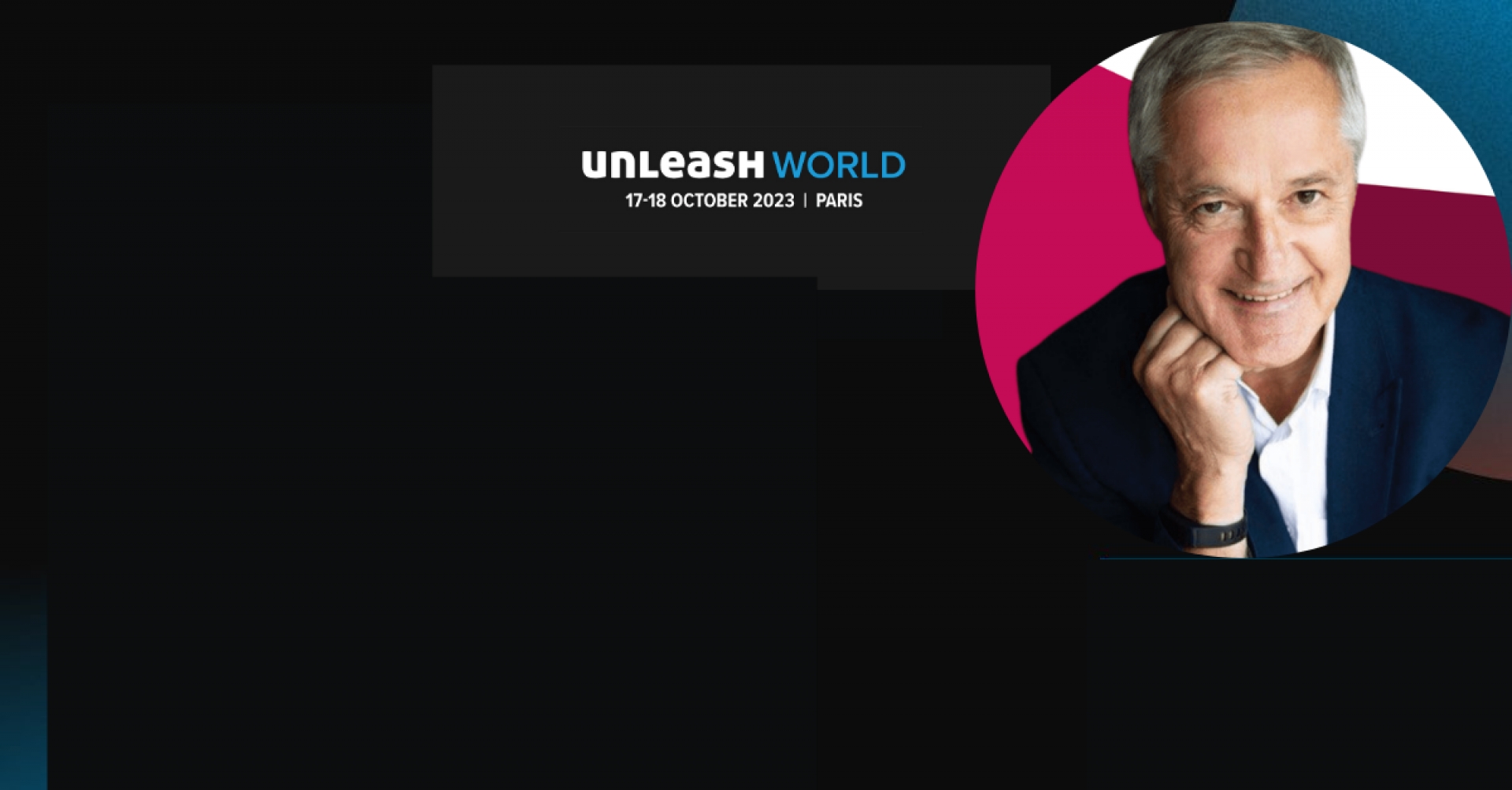Charles-Henri was one of the most prominent speakers at the event, and our interview at the buzzing venue added a layer of energy to an already powerful conversation.

He didn’t mince words: the future will favor the bold, the adaptable, and the strategic. From hybrid work models to generational expectations, Charles-Henri shared insights that any leader serious about staying competitive must take to heart. Here are the three areas where businesses must focus their energy if they want to thrive in 2025.
1. Hybrid Work Is Non-Negotiable - But It Must Be Managed Properly
Charles-Henri made one thing crystal clear: companies refusing to adapt to hybrid work are heading toward irrelevance. "We are not going back to 100% in-office work—period," he asserted. With many businesses already reducing office space by up to 30%, the expectation for flexibility isn’t going away. But here's the kicker: not all work should be done remotely.
He sharply differentiated between "build" activities—tasks requiring innovation, creativity, and collaboration—and "run" activities, which are routine and transactional. Leaders who think remote work is simply a cost-saving measure are missing the bigger picture. "Forcing people into the office for Zoom meetings is stupidity," Charles-Henri emphasized. In 2025, companies must strategically design their hybrid models, ensuring that in-office time is spent driving the creative and collaborative energy that fuels long-term success. If you’re not prioritizing innovation over presence, you're already behind.
2. The Generational Divide Is a Lie - Respect and Flexibility Reign Supreme
If you think catering to generational differences is the secret sauce for workplace harmony, Charles-Henri will swiftly set you straight. "Forget Gen Z, Millennials, and Baby Boomers—what matters is respect, flexibility, and recognition." This message isn’t just a recommendation; it's a demand. All employees, regardless of age, are seeking the same fundamental treatment.
As an experienced leader who’s seen workplace trends come and go, Charles-Henri dismisses the idea that different generations require fundamentally different management styles. "Generational labels are a distraction," he said firmly. Instead, leaders need to focus on creating a culture where every individual feels valued and appreciated. 2025 will not be about pandering to generational stereotypes; it will be about understanding that respect is the universal currency of engagement and productivity. If you're still chasing after generational trends, you're focusing on the wrong thing.
3. Differentiation and Integration: The Tug of War That Defines Your Success
In one of the most compelling points of our conversation, Charles-Henri laid out a principle that should be a cornerstone of every business strategy: differentiation versus integration. This is not just a balancing act—it’s a battle for survival. "Organizations that cannot manage both are doomed to fail," he stated bluntly.
Drawing from a classic 1968 Harvard study by Lawrence and Lorsch, Charles-Henri emphasized that businesses need to allow teams to differentiate - giving them the autonomy to innovate and specialize - while simultaneously integrating them into a cohesive whole. "Too much differentiation creates chaos, while too much integration kills creativity," he explained. In 2025, companies must find that razor-thin line where teams are empowered to innovate without splintering off into silos. Leaders must not be afraid to establish strict global policies that unify the organization while allowing teams the flexibility to operate independently. It’s a complex dance, but one that is absolutely essential if you want to lead a thriving, adaptable organization.
Conclusion
As 2025 rapidly approaches, the urgency for change has never been clearer. Charles-Henri Besseyre des Horts delivered a straightforward yet powerful message during our conversation at Unleash 2024 in Paris: adaptability, respect, and balance are no longer optional—they are critical for survival. The hybrid model must be leveraged intelligently to maximize creativity, the generational divide must be set aside in favor of universal values, and the balance between differentiation and integration must be struck with precision.
If you’re serious about leading your company into the future, now is the time to act. Adapt to hybrid work, foster a culture of respect, and master the art of organizational balance—or risk being left behind.
 Dorottya Nagy-Jozsa PCC
today
2026-02-12
Dorottya Nagy-Jozsa PCC
today
2026-02-12
 Dorottya Nagy-Jozsa PCC
Dorottya Nagy-Jozsa PCC